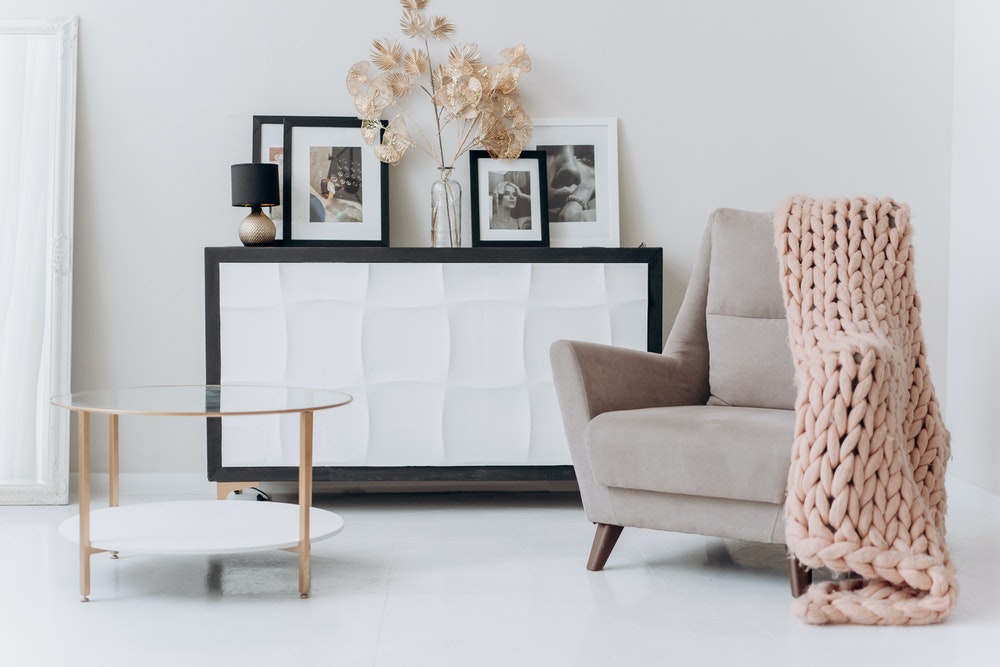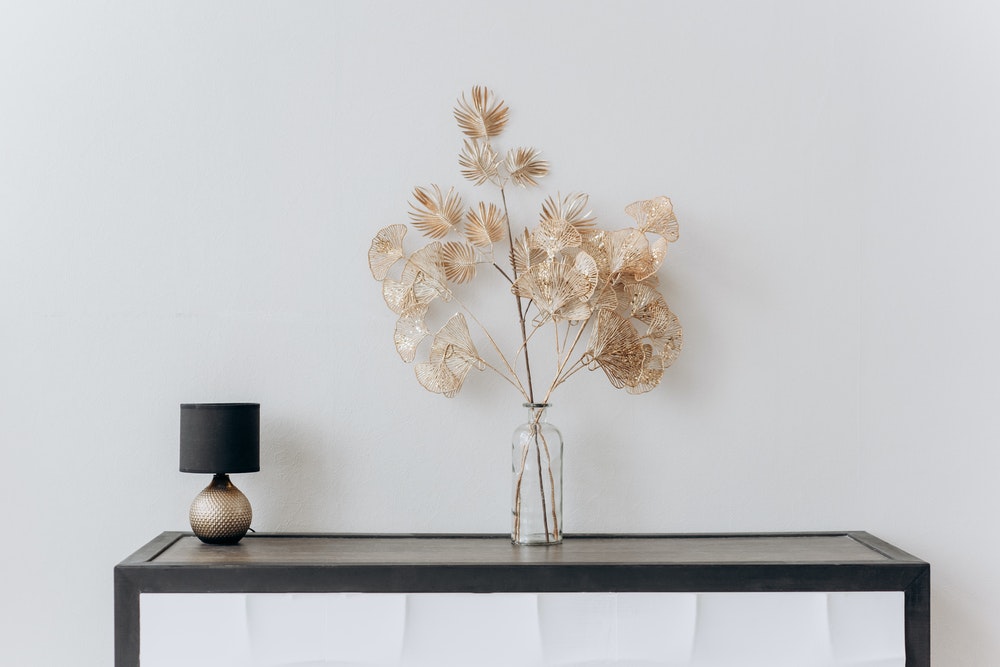This beginner’s guide to minimalism takes you through all the basics to try your hand and your life with minimalism, a method to reduce the possessions and clutter in our lives.
If you’re ready to start enjoying your life, we’re here to help. In this article, we’ve compiled a guide that takes you from beginner’s to advanced minimalism. To know everything you need to know about minimalism, we’ve compiled everything into one place.
What is Minimalism?
So before we go too far into our beginner’s guide to minimalism, what exactly is minimalism? Minimalism is a way of life that helps us reduce the amount of unnecessary clutter and belongings we carry with us. It can be done for different reasons. Some minimalists do it to declutter their life, others to reduce the amount of stuff they have, and others to make their home feel cleaner or more welcoming.
Let’s get one thing clear: minimalism is not about being a minimalist. Minimalism is about breaking the cycle of being a consumerist-craving creature, we carry with us. I do not want to be part of that. Being a minimalist is all about being a new-age minimalist.
It’s about living consciously, it’s about stopping doing what you’re doing just because you did it, to relieve the cluttered mind you have. It’s about coming to terms with yourself and your thoughts. Let’s do a quick definition of Minimalism.
Minimalism is about carrying less possessions with you, whenever you’re travelling and going out. It is about learning to live simply and mindfully, with less and less possessions.
Why Minimalism is the Answer
I’ve been asked what are some of the benefits to becoming a minimalist?
We typically have a host of things vying for our attention. Too many friends, too much time on social media, meetings and events, hangouts with friends, and so on. I became overwhelmed and found myself just giving up for the sake of having a good time. So a minimalistic lifestyle can free up the mental space to fully listen to and pay attention to those around you. It’s a great way to practice mindfulness every single day.
Productivity Instead of picking up every phone call or text from a buddy who decides to take a break from your friendship, go ahead and do the call or text for yourself. Don’t stop communicating with them because you don’t have their phone number. Time saved!
The Benefits of Minimalism
Minimalism is the concept of reducing our possessions to a minimum, prioritising the things that really matter. Life is too short to be messy. Simplify. Minimise. Get rid of all of the useless things in your life. Get rid of the things you do not need, and simplify things so that you do not need as much. Don’t we all want a simpler life? Does it really matter if you own 50 pairs of shoes? That is a ridiculous amount of shoes for an average person.
And what about the 50 bottles of hand sanitiser you own? That is a ridiculous amount of hand sanitiser for the average person. Do you really need all of the phone chargers you own? The list goes on and on and on.
The clutter, the hoarding, the quantity of stuff that we have, will soon eat you up. Life is too short and we have too much stuff. Throw away all the things that you do not need. Get rid of all the junk in your life.
The Basic Principles
To write a beginner’s guide to minimalism, we have to cover the basic principles. Grow your collection of precious things slowly. You have a lifetime to accumulate things, so when you’re young it’s often necessary to start slowly. You’ll never have to do this if you move into a loft with a big free desk to fill. However if you don’t move into a loft or skip buying a few very expensive new things every month, then it’s important to try to save.
Never become addicted to buying. Try to limit your buying to a few luxuries or investments. Your main goal is not to collect things, it’s to earn enough money to enjoy things in retirement. That’s a much more sustainable model than adding new things every week to fill your cupboards.
Conserve energy and money. When you’re young it can be very easy to forget that you’re already “rich” – in the amount of energy that you waste.
The Process
Minimalism is all about understanding what you really need and making sure that the rest of your stuff is useful or will be used in the future. Make sure you have a clear idea of what is essential and what isn’t, and then deal with the rest of your things.
The main aim is to get rid of the superfluous and get yourself a clean and organised life. Basically, you want to have enough to get by however not more than you want to think about. If you have a lot of clothes, keep a few good ones in your wardrobe.
Just because you have a few good pieces does not mean you need to keep 20 or 30. Have a good combination and don’t be scared of seasonal changes.
As the title suggests, start by reducing the amount of possessions you own.

The Trash
Before getting into any minimalism, it is necessary to clear out your unwanted junk. We make the mistake of thinking that if we don’t need it or use it, we shouldn’t bother with it. It is only when you get rid of it that you truly realise the wealth of items you have in your possession that aren’t even worth storing, let alone using.
Therefore, it is not necessary to make a life-changing decision about decluttering as it is a very gradual process. In fact, in a nutshell, it is when you stop having possessions that you truly begin to enjoy living. We need to embrace the process and not be overly-harsh on ourselves.
This is because it is only when you learn to live a minimal lifestyle that you will see the benefits.
Conclusion: Beginner’s guide to minimalism
As a minimalist, you will make it easier for people around you to notice your actions. You will make a conscious effort to keep what you love, and this will bring joy to you.
You will be more able to let go of what isn’t really important in life, however you should always take good care of what you have.
Have you noticed a major change in your life and become a minimalist, even if it is just a little bit?






